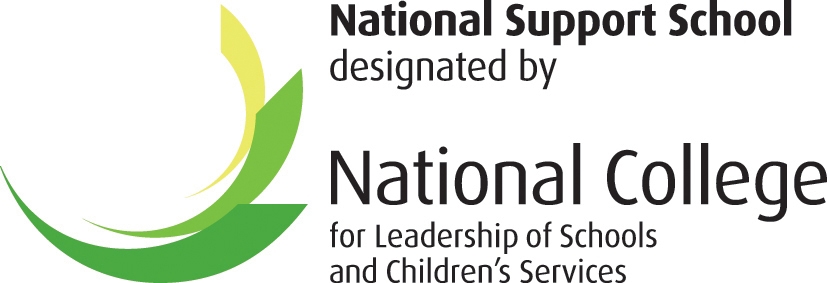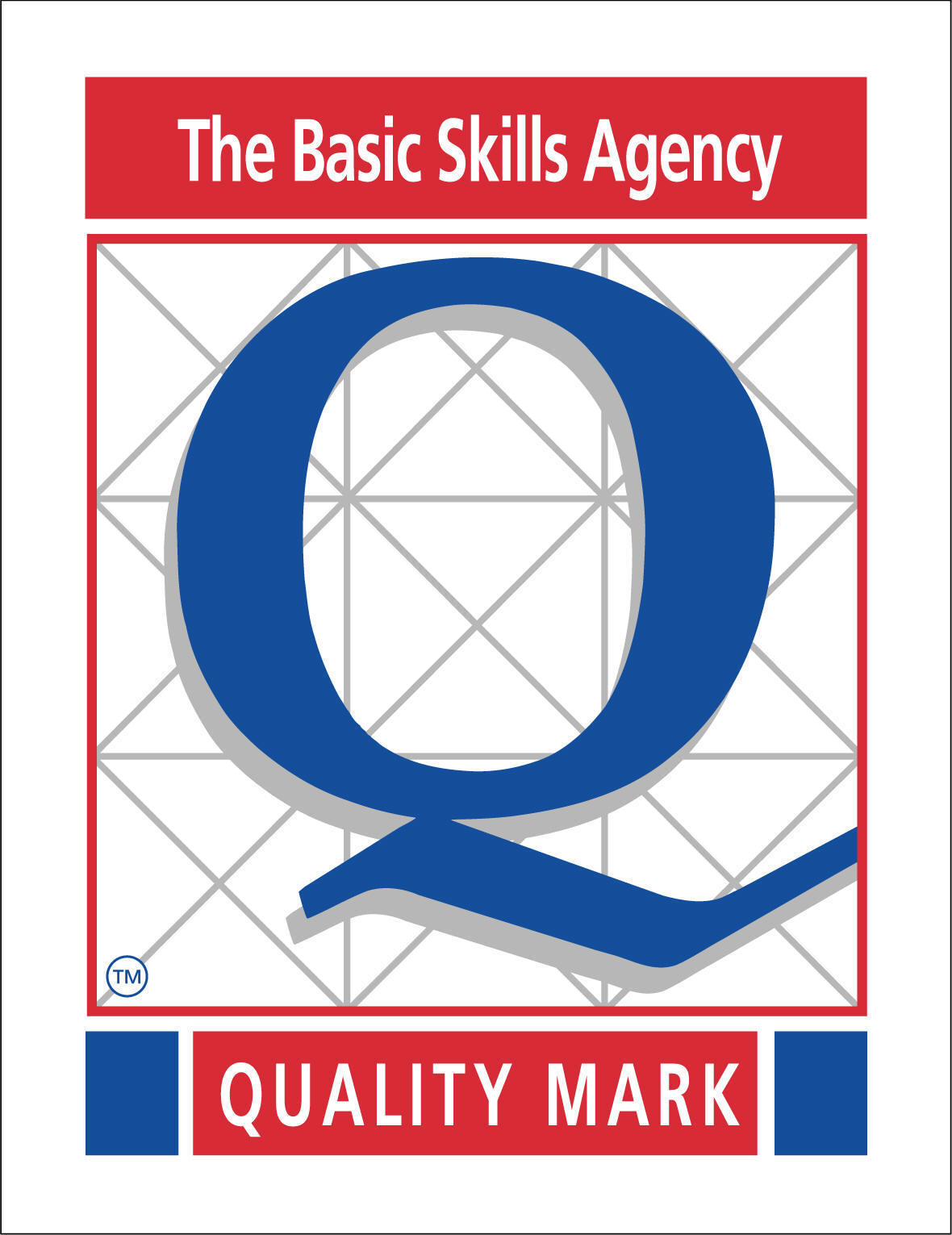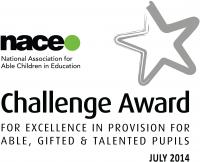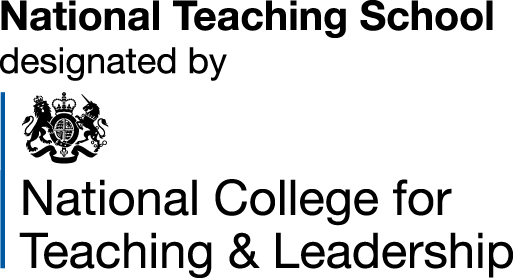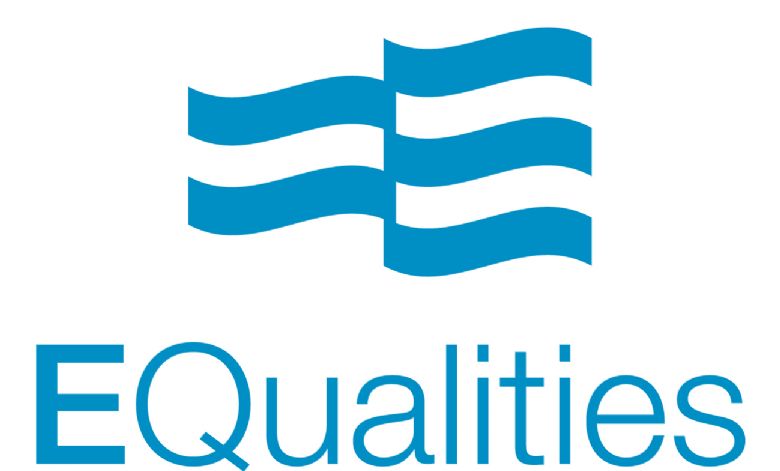Subject Intent and Implementation
Spanish: AQA
Curriculum Intent
- Students will enjoy language learning and be confident communicators.
- All students will make strong progress in languages
- Students with home language proficiency will be supported to take GCSE in yr11.
- Students will learn about countries/culture where their languages are taught “Cultural Capital”
- Take up of MFL for students arriving with APS KS2 100+ will be 85% by 2025.
- Take-up of languages post-16 will remain at least stable.
- Language learning will support understanding grammatical constructs.
- Reading and oracy strategies will support the school’s wider strategies.
- Students will be given opportunities to have exposure to authentic speakers and foreign visits.
- Quality first teaching and assessment for learning will be strong.
Curriculum Implementation
- Target Language will be the regular form of communication in lessons.
- Students’ spontaneous use of language will be encouraged.
- Clear routines/expectations in place for transitions, presentation or work/DIRT, pair/group work etc
- Vocabulary tests will be regularly carried on out
- Rote learning techniques will be taught and a knowledge of vocabulary and structures will be a regularly assessed in lessons.
- Shared reading and oracy practice are drivers for developing independent writing from the start of Y7.
- Students will be given ample opportunities to read extended texts with a view to develop decoding, inference and vocabulary acquisition.
- Knowledge/skills reviews will take place after each sequence of learning.
- Students will be trained to select and use resources independently (BBBB).
- Students will reminded of expectations with regards to presentation and quality of work.
- Use of departmental feedback/code will support students’ progress.
- Homework will be used to consolidate and extend knowledge and skills.
- Teachers will ensure that students understand the place of each learning within sequences of learning.
- Effective questioning will allow students from all backgrounds and abilities to contribute.
- DA and other “at risk” students will be included in group or class discussions.
- Questions will support developed answers and challenging questions for the most able.
- Written questions will enable all students to practise and stretch their learning appropriately.

